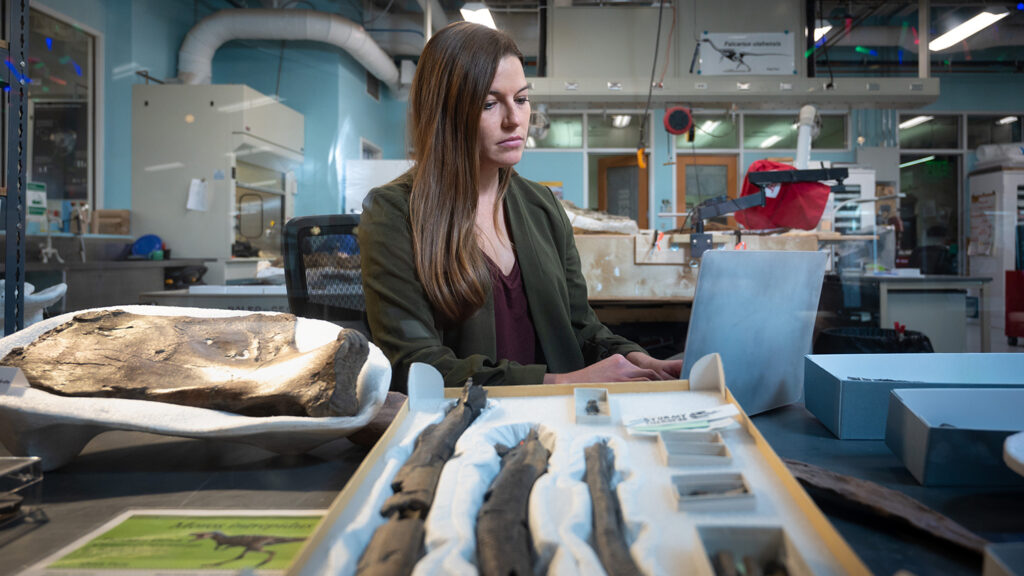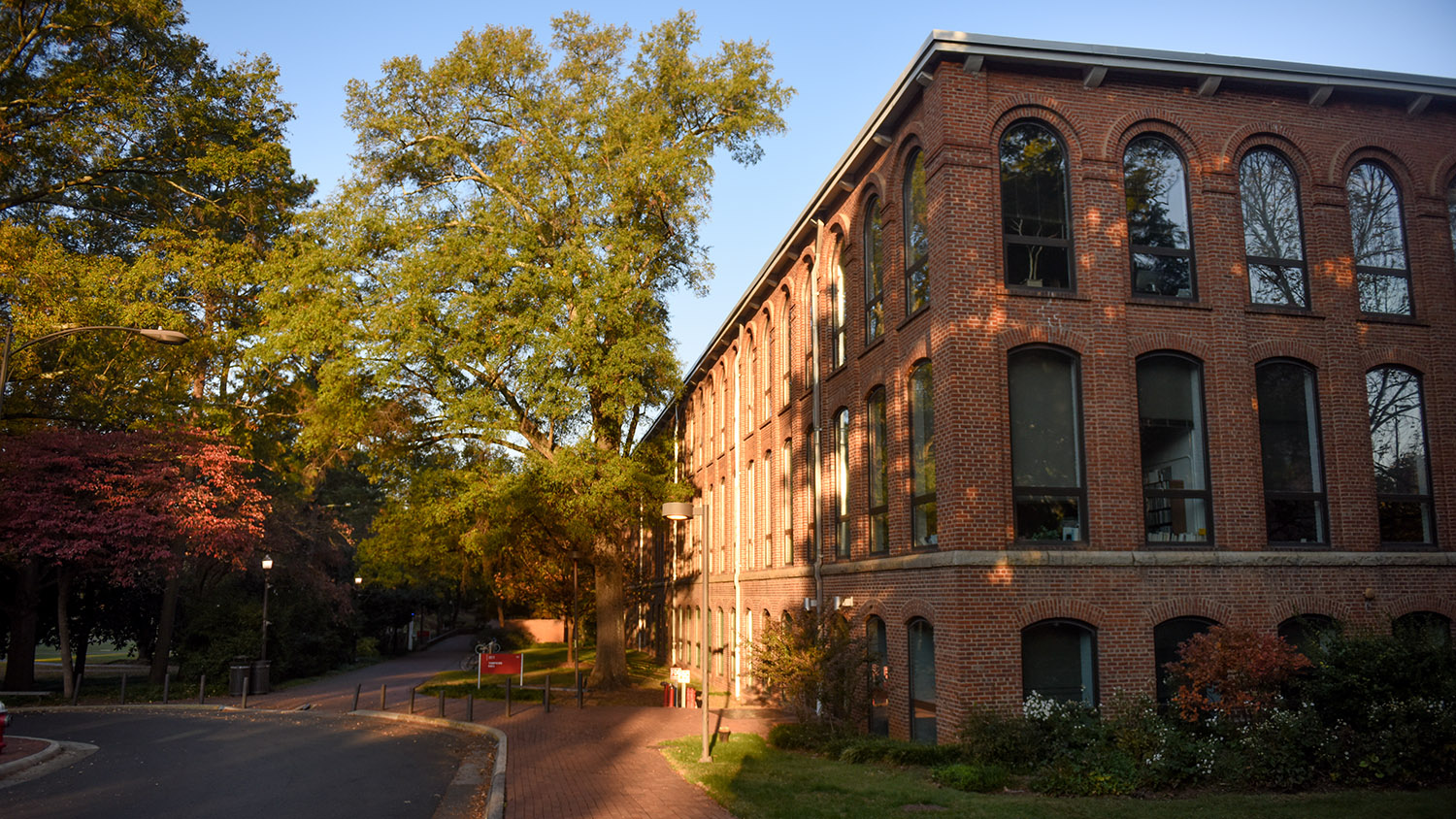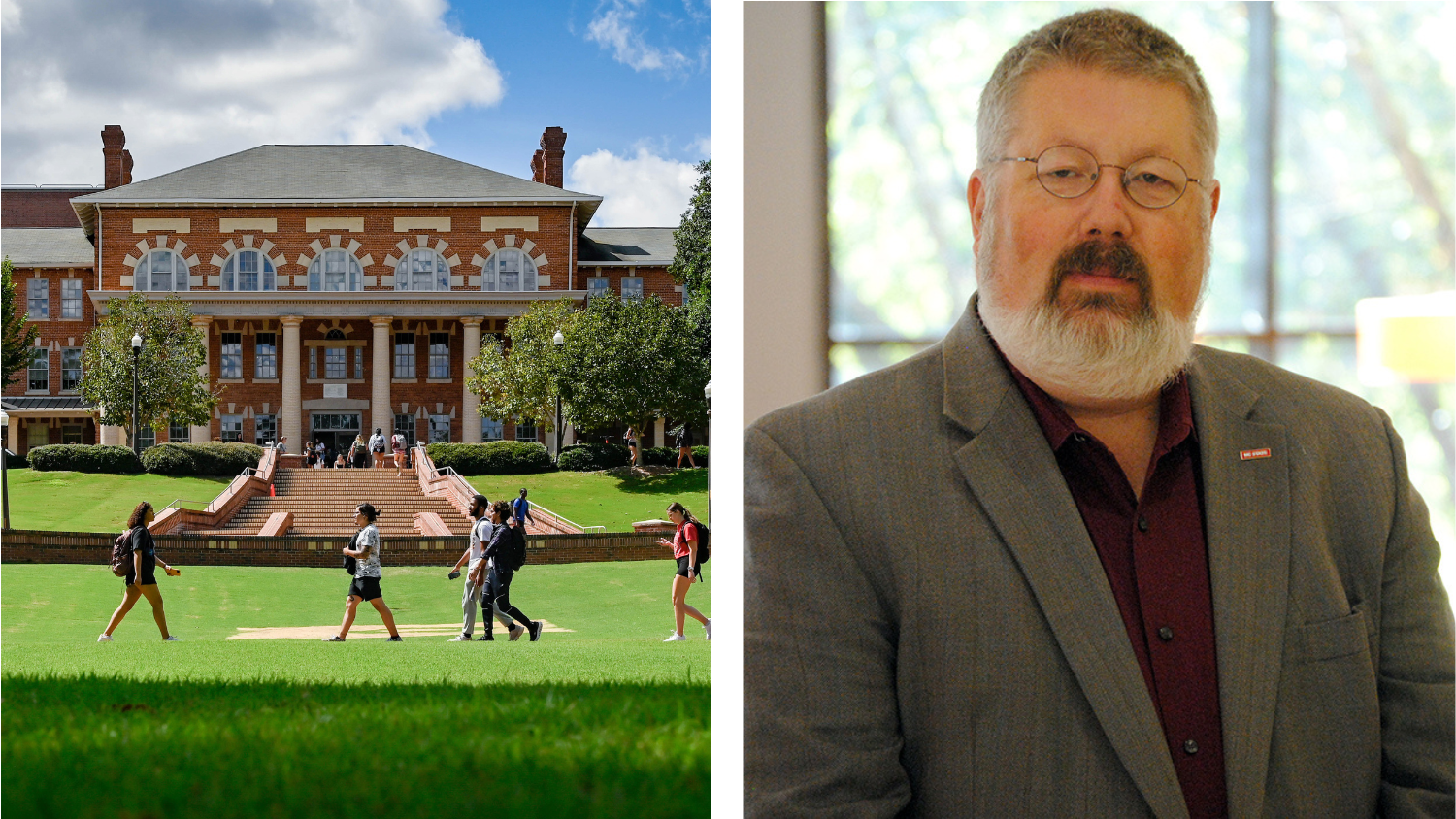A Compass for Our College
Humanities and Social Sciences Launches New Strategic Plan

Shape the conversation to build a better future. That’s the message at the heart of the College of Humanities and Social Sciences’ new strategic plan.
Co-created by faculty, staff, students and other stakeholders, the five-year plan is a compass for seizing opportunities for innovation, bringing critical questions to grand challenges, and confronting inequities in the college and beyond.
“As a humanities and social sciences college at a STEM-focused university, we are in a unique position to affect scientific and technological advancement, political complexity, social injustice, and many other areas,” says Deanna Dannels, dean of the college. “And this plan calls on us to do just that — to center ideas, values and perspectives from our disciplines in important conversations on campus, across North Carolina and society at large.”
Strategic Priorities
At the core of the plan are three strategic priorities that will direct and align the college’s work:
- Be the nation’s most innovative humanities and social sciences college.
- Design and build for collaboration to help solve critical challenges.
- Take groundbreaking and effective action to promote diversity, equity and inclusion.
“Each of these priorities moves the college forward in enhancing the relevance of our teaching and research, improving our financial independence, seeking and leading partnerships, and addressing inequities in pay and experiences,” Dannels adds.

As part of the strategic planning process, the college also created a new Culture Charter. This companion document includes a set of cultural and behavioral aspirations for leaders and community members that can help guide interactions. The charter also promotes the college’s shared values: curiosity, critical thinking, empathy, collaborative innovation, and diversity, equity and justice.
The college created its new plan in partnership with the firm Tidal Equality, which conducted research with various college groups to identify the college’s assets and challenges. Members of the college community also helped draft the plan by voting and commenting on its vision, priorities, values and other components.
“Together, our new strategic plan and culture charter will help our community capitalize on opportunities and address areas of need,” Dannels says. “We all have a role to play in bringing this vision to life, and we must strive to do so collaboratively.”
The next steps include deploying the plan with all college stakeholders and developing a specific roadmap with objectives, tactics and measurables for reaching the new strategic priorities. For more information about the college’s strategic planning process, visit go.ncsu.edu/chassplan.
What Sets the College Apart
With more than 4,500 students, the College of Humanities and Social Sciences is the second largest on NC State’s campus.
Home to 10 academic units, the college offers a wide range of degree programs, including more than 55 undergraduate majors, 40 undergraduate minors, 12 master’s degrees and five doctoral degrees. Extending its expertise near and far, the college also supports three community-oriented centers.

The college community works to push the boundaries of critical thinking, interdisciplinary teaching, research and innovation across a diversity of fields, roles and environments. In an increasingly complex and interdependent world, our disciplines, ideas and partnerships:
- Shed light on human societies of the past, present and future.
- Equip students with vital knowledge and transferable skills, including effective communication, analysis and research, leadership, reasoning and problem-solving.
- Inform and address complex problems to bring about a healthier, more just and prosperous society.
- Categories:


